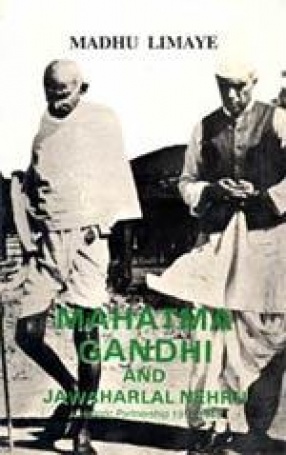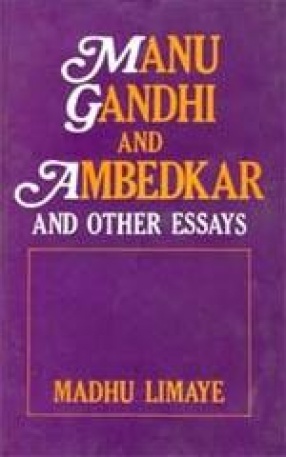The second volume on the historic ahatma Gandhi and Jawaharlal Nehru relationship discusses the latter’s increasingly crucial role in national politics. It analyses the differing attitudes of Gandhi and Nehru on such important issues such as communalism, the evil of untouchability, the evaluation of the Liberals, emergence of the reformist mentality and property rights. In October 1934 Gandhi withdrew from the Congress as a prelude to handing over the leadership to Jawaharlal at the Lucknow Congress in 1936. Under Jawaharlal’s two year’s Presidentship the Congress became a dynamic organization. His hectic election tour galvanized the masses and the Congress swept the polls in large parts of the country. On the question of office acceptance Jawaharlal and Gandhi differed, but as usual the former accepted the majority view. The Congress assumption of office gave an impetus to the people’s struggles, especially in the Princely States. All Jawaharlal’s actions sprang from his absolute conviction that anti-imperialist unity under Gandhi’s leadership must be preserved at all cost. The author’s critical evaluation of Jawaharlal’s role is in a way an essay in self-criticism, for during this period the Socialists regarded the former as their leader and on basic issues both thought alike. Gandhi, Jawaharlal and Vallabhbhai instituted centralized control of Ministries to defeat the British realize the consequences of its poor showing in the Muslim Provinces and its rejection of the Muslim League’s overtures in 1937 had tragic consequences. From adherence to federal Indian unity, Jinnah switched over to a highly centralized version of Pakistan and came to dominate the Muslim mind in the key Provinces of the Punjab and Bengal. The country’s slide down on the slippery road to partition had begun. Three Chapters of this volume examine the problem in depth and appraise objectively Maulana Azad’s criticism of Jawaharlal and his own role in the affair. The War and the British Conservative policy of clinging to power aggravated the Indian crisis. Despite Jawaharlal’s desire to help in the defeat of Fascism, the logic of the situation forced him to support Quit India. It took both Gandhi and Jawaharlal to detention camps where they were held incommunicado.
Dear Popat (In 2 Books)
$10.80
$12.00








There are no reviews yet.